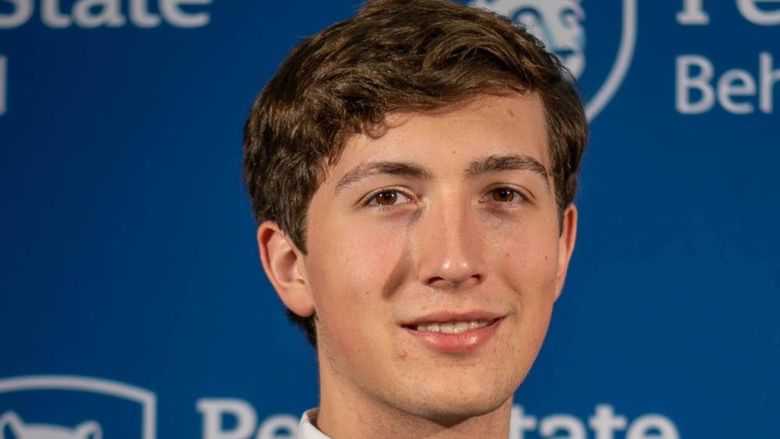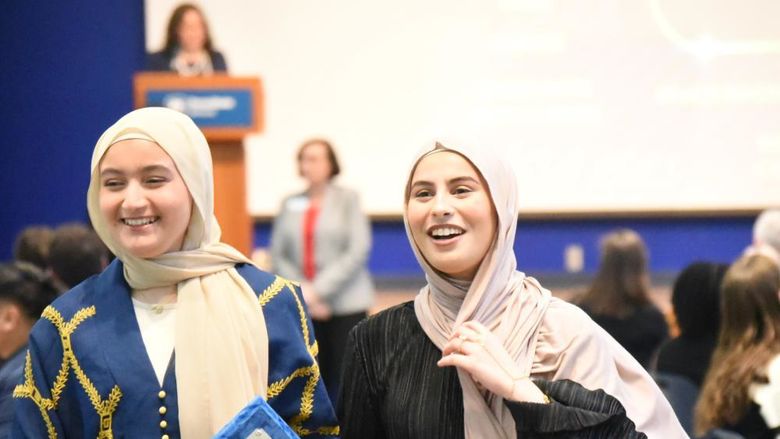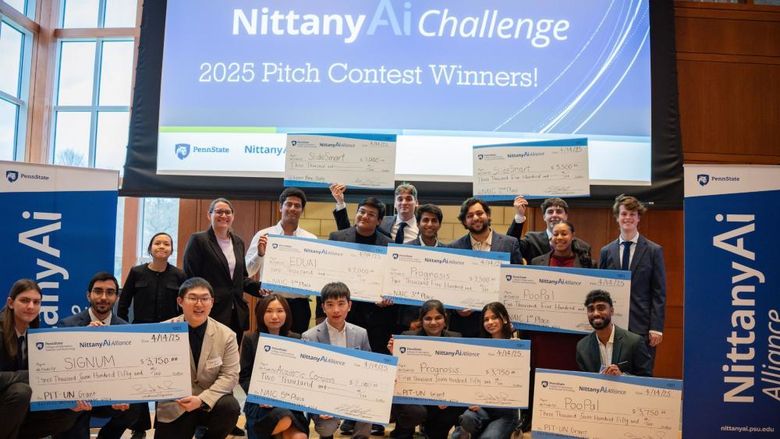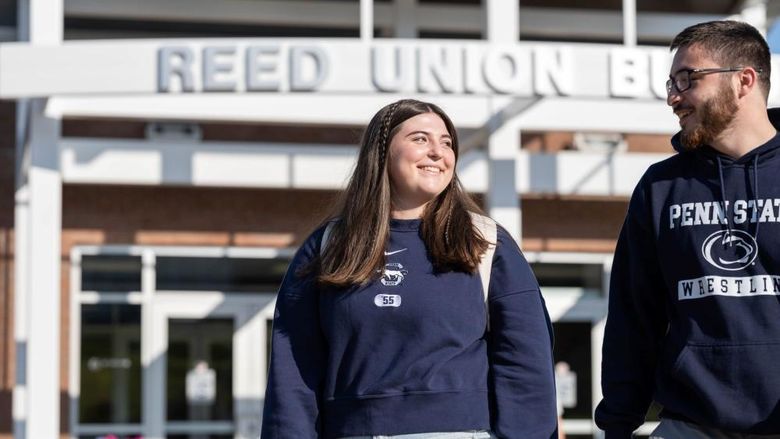Greg Filbeck, left, director of the Black School of Business at Penn State Behrend, welcomed William Kelly, center, chief executive officer of the Chartered Alternative Investment Analyst Association (CAIA), and Aaron Filbeck, associate director of financial research for CAIA, to the Finance Day program at Penn State Behrend.
“Most investors want 100% of the upside and zero percent of the down, but that only happens in fantasyland. We need to be thinking about risk as an asset, rather than a liability, because how we manage that risk can make a very big difference.”
— William Kelly, chief executive officer of the Chartered Alternative Investment Analyst Association (CAIA), during the Finance Day program at Penn State Behrend’s Black School of Business.
Kelly has worked in asset management for more than 30 years. At CAIA, he leads a network of more than 11,000 alternative investment experts.
CAIA offers the only credential focused on the alternative investment space, which includes private equity, hedge funds, managed futures and real estate. The association maintains more than 60 academic and associate partnerships, including at Penn State Behrend.
During his visit, Kelly participated in a panel discussion with Aaron Filbeck, a 2015 graduate who is now associate director of financial research at CAIA. The talk was part of the Black School’s Finance Day program, which featured more than 20 companies. More than 100 finance majors attended.
Kelly and Filbeck advised students to refine their “soft skills” — in particular, the ability to communicate — even as they master the fundamentals of finance.
“The technical skills are a baseline,” Filbeck said. “Your ability to talk to people, to pull yourself out of your comfort zone and be curious and grow your network, is what will set you apart.
“There’s going to be a bifurcation between the people who know how to code and those who know how to network,” he said. “The network is enormously important. When a problem comes up, you have people you can lean on.”
“That support is essential,” Kelly said. “When I got out of college, if you had a degree, and maybe a credential, you were set. The expectation is different today. The pace of change, and the innovation, the development, the disruption around alternative data, it’s a constant on-ramp. A diploma is no longer the end of your learning. It’s a ticket onto a treadmill that is moving really fast.”
Robb Frederick
Director of Strategic Communications, Penn State Behrend





